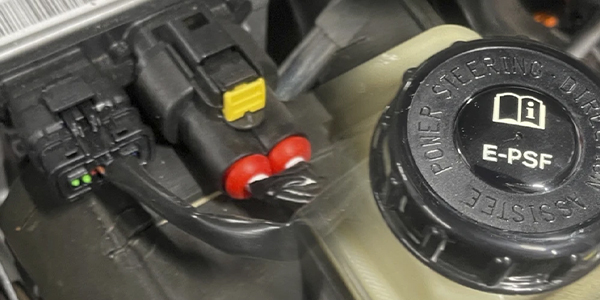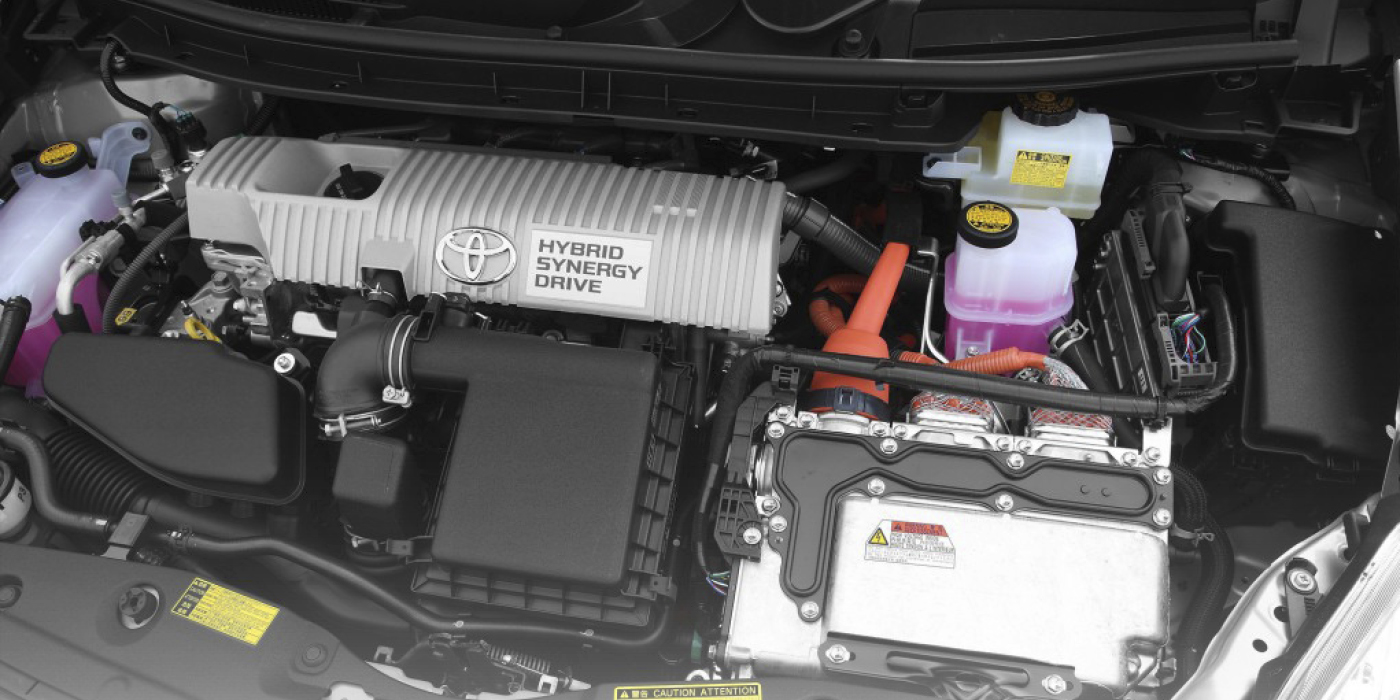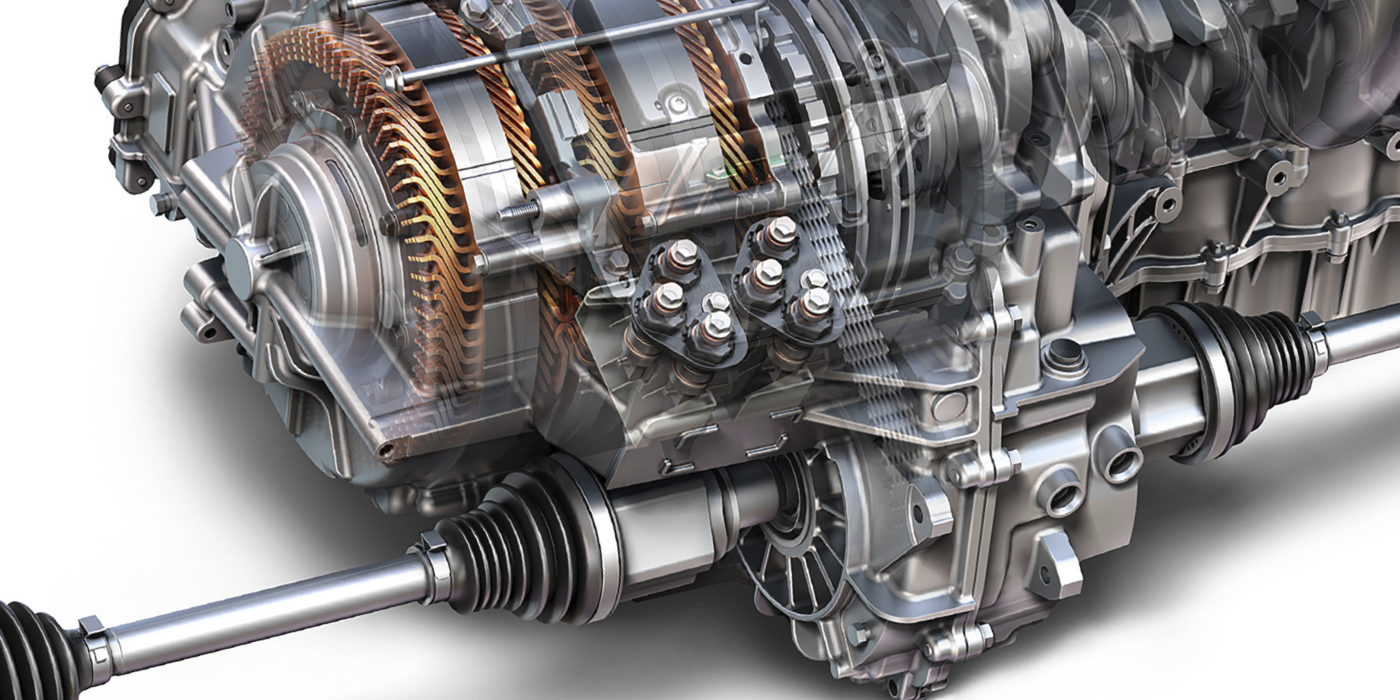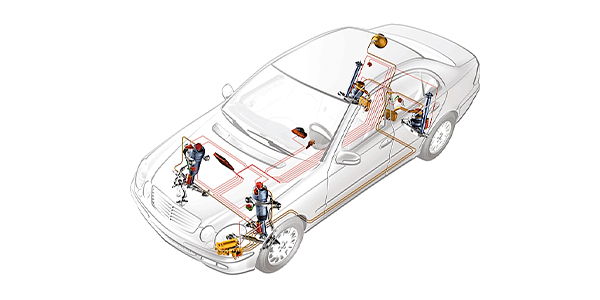A number of industrial groups have banned together and are lobbying to have the U.S. EPA reconsider its decision to allow for widespread distribution of E15 fuel early next year.
The main organizer of the groups — www.FollowtheScience.org — said in a press release this week that without waiting for "comprehensive testing," the Environmental Protection Agency (EPA) may allow an increase in the ethanol content of gasoline from 10% (E10) to 15% (E15). "That’s a 50% increase in the amount of ethanol in a gallon," the organization said.
The groups also contend that the ethanol industry is pushing for approval of this provision despite the fact that E15 could harm many types of engines and the environment, as well as increase food prices across-the-board.
"The new model year is upon us but with the economy in the dumps, more and more people will be relying on older cars. Yet very few motorists are aware of the strong possibility of a major change in the makeup of their gasoline – a change which could prove problematic for cars now on the road," the release stated. "The ethanol industry is pushing for approval of this provision despite the fact that E15 could harm many types of engines and the environment, as well as increase food prices across-the-board."
The Obama administration is expected to rule in the next month whether these ethanol blends can be mixed with gasoline at the higher rate of 15%. Advocates of the improved biofuel say this will lead to cleaner burning, home grown fuels in an effort to reduce the U.S.’s dependency on imported oil.
The FollowtheScience group contends that, "the government’s testing on the effect of E-15 fuel on car engines is totally inadequate." Areas the government is not studying include what effect extra ethanol will have on:
• The life of a vehicle’s engine, even for newer models;
• Causing the “check engine light” to come on either unnecessarily, causing undue driver concern and needless trips to the service station, or too late to avoid costly repairs; and
• The performance of the vehicle’s fuel tank, fuel pump and fuel level sensor.
"These are all questions for which you should have answers before you start filling up your car’s gas tank with E15. But the EPA is not waiting for answers. Our government is set on a course of action that’s essentially, ‘Pump first. Ask questions later,’" the release said.
However, according to The Star Press in Muncie, IN, ethanol supporters said engine testing had been performed and that they were optimistic that the EPA would approve the increased biofuel percentage of E-15.
“We are still confident that we submitted enough data that they can go to E-15 in all gasoline engines. — Period,” said Tom Buis, CEO of Growth Energy, a group of farming and biofuels interests. "We’re confident that the (government) testing will confirm what we’ve known all along.”
According to The Star Press, the EPA is wrapping up testing on post-2006 vehicles this month, and that it will finish tests on those made from 2001 to 2006 by the end of November. The paper quoted EPA Administrator Lisa Jackson on Sept. 13, saying that, "Those tests are examining whether an increase in ethanol would have any detrimental effect on car engines and their missions systems." She added that, whatever decision is made “will serve the public interest.”
In a recent release from automotive research firm Ricardo, the company said that it had performed E15-related testing on vehicles as far back as model year 1994. To view the release, click here. Ricardo contends that E15 fuel would have little adverse affect on older vehicles.
The FollowtheScience group also explained that E15 will lead to consumer confusion and misfueling.
"Consumers will need to become Gasoline Detectives. They will need to know which model years can run on E15 and which cannot, and even then – since the testing so far is not comprehensive – they won’t know for certain whether it’s safe. Consumers will need to know not to fuel trailered boats or gas containers from the same E15 pump dedicated to late-model cars and trucks," the group said through its release.
The environmental and industry groups that joined together to oppose approval of E15 without "comprehensive testing" include:
• Environmental Working Group
• Natural Resources Defense Council
• The Hispanic Institute
• Engine Manufacturers Association
• International Snowmobile Manufacturers Association
• Motorcycle Industry Council
• National Marine Manufacturers Association Outdoor Power Equipment Institute
• American Frozen Food Institute
• American Meat Institute
• Grocery Manufacturers Association
• Snack Food Association
• American Petroleum Institute
• NATSO (National Association of Truck Stop Operators)
• National Petrochemical & Refiners Association
If the E-15 fuel is proven to be detrimental to the fuel system components of older vehicles, it could impact your shop by creating an increase of service and repair orders. It may even lead to retrofitting fuel systems with new components that can handle the higher ethanol content of E-15 fuel.
Underhood Service will provide updates on this story, as well as input from aftermarket fuel parts suppliers as they become available.






